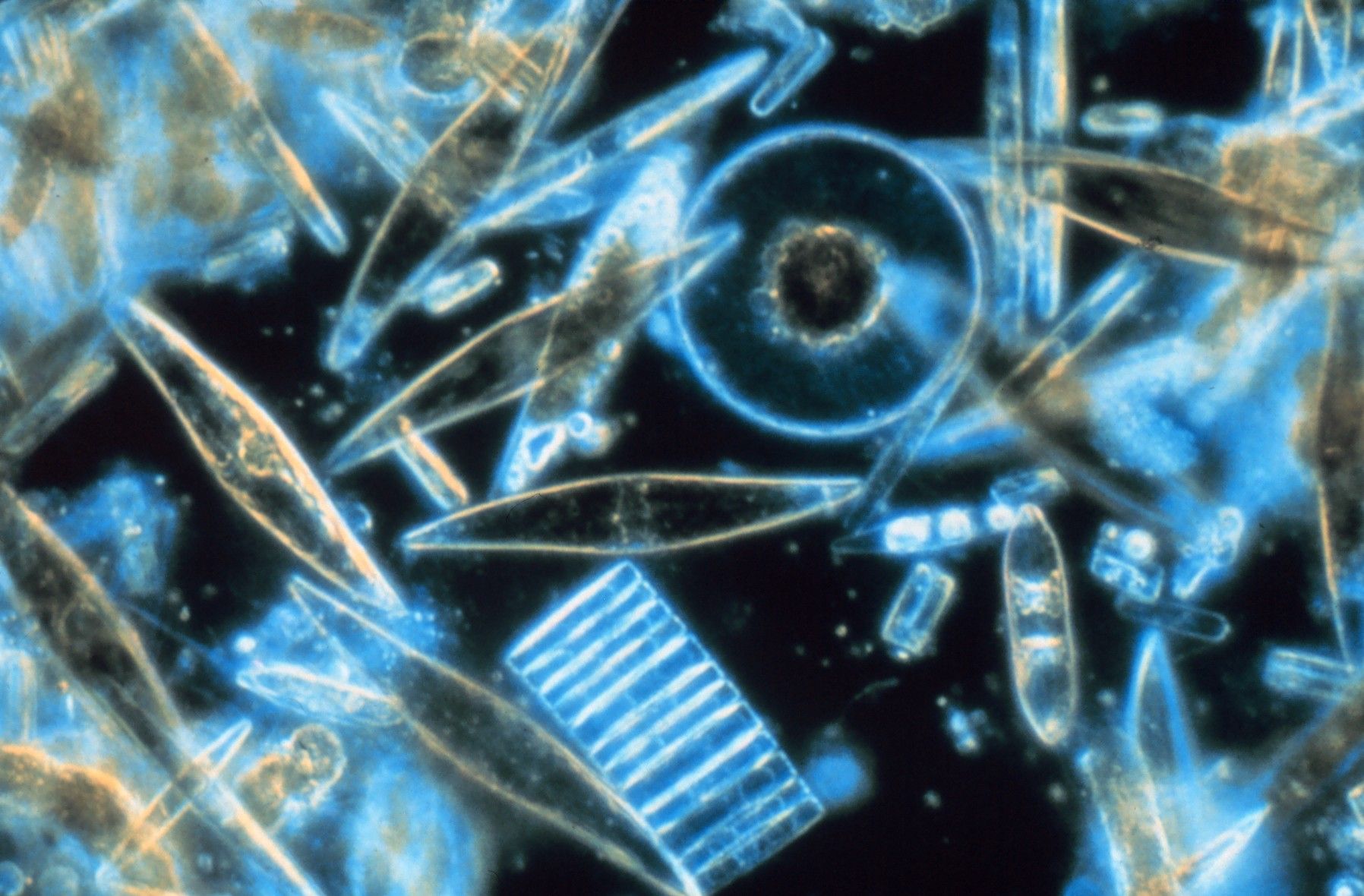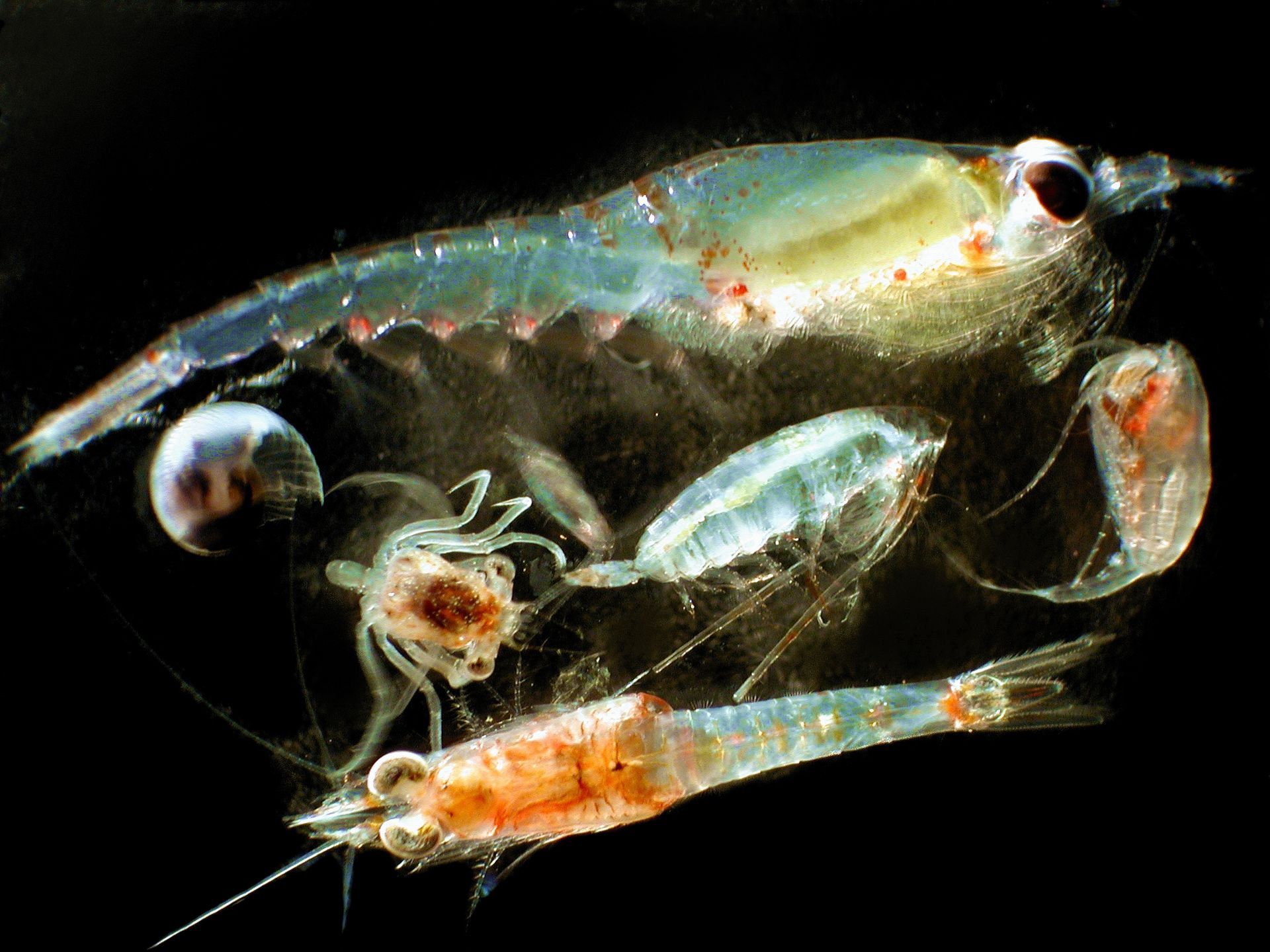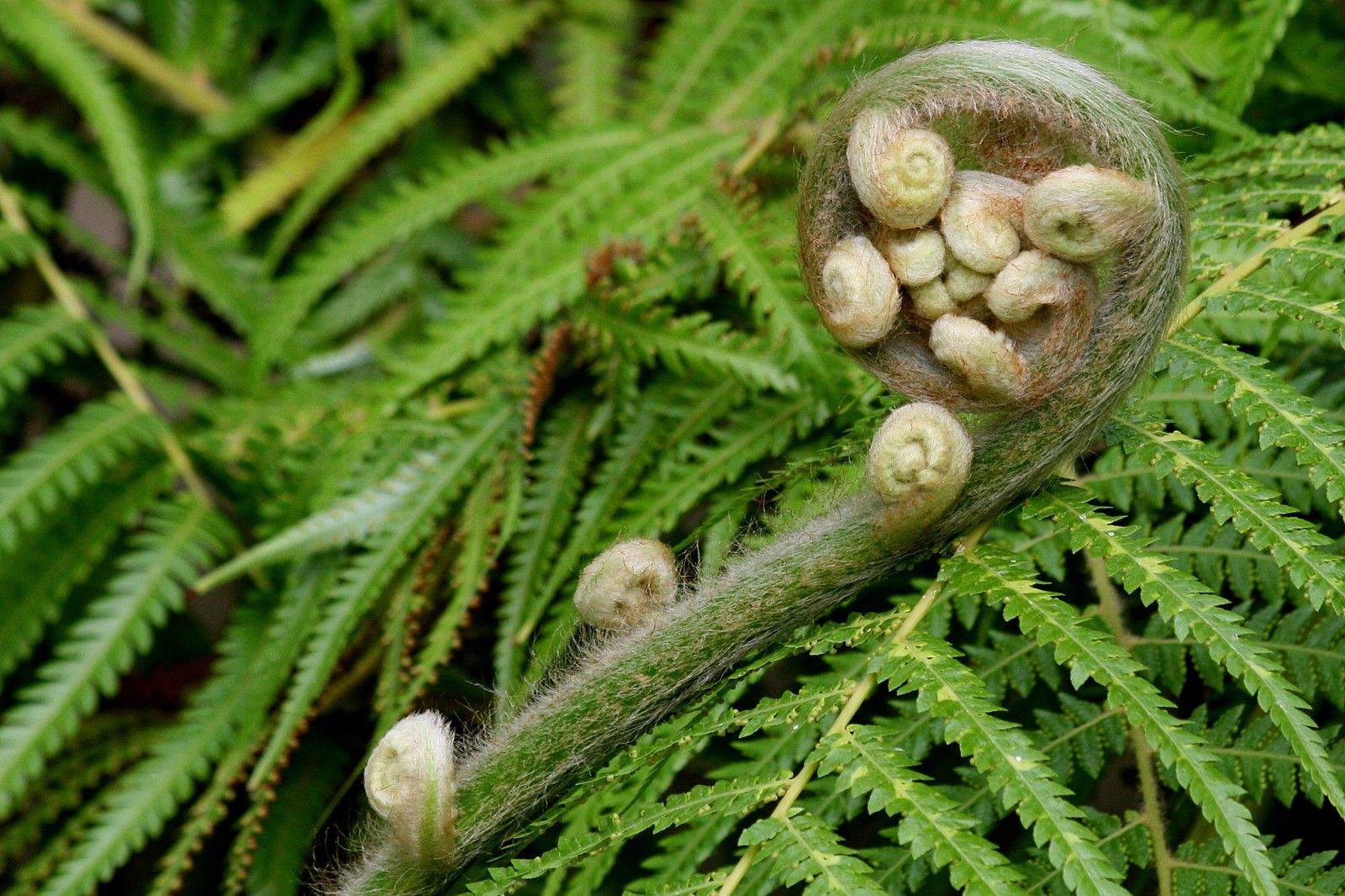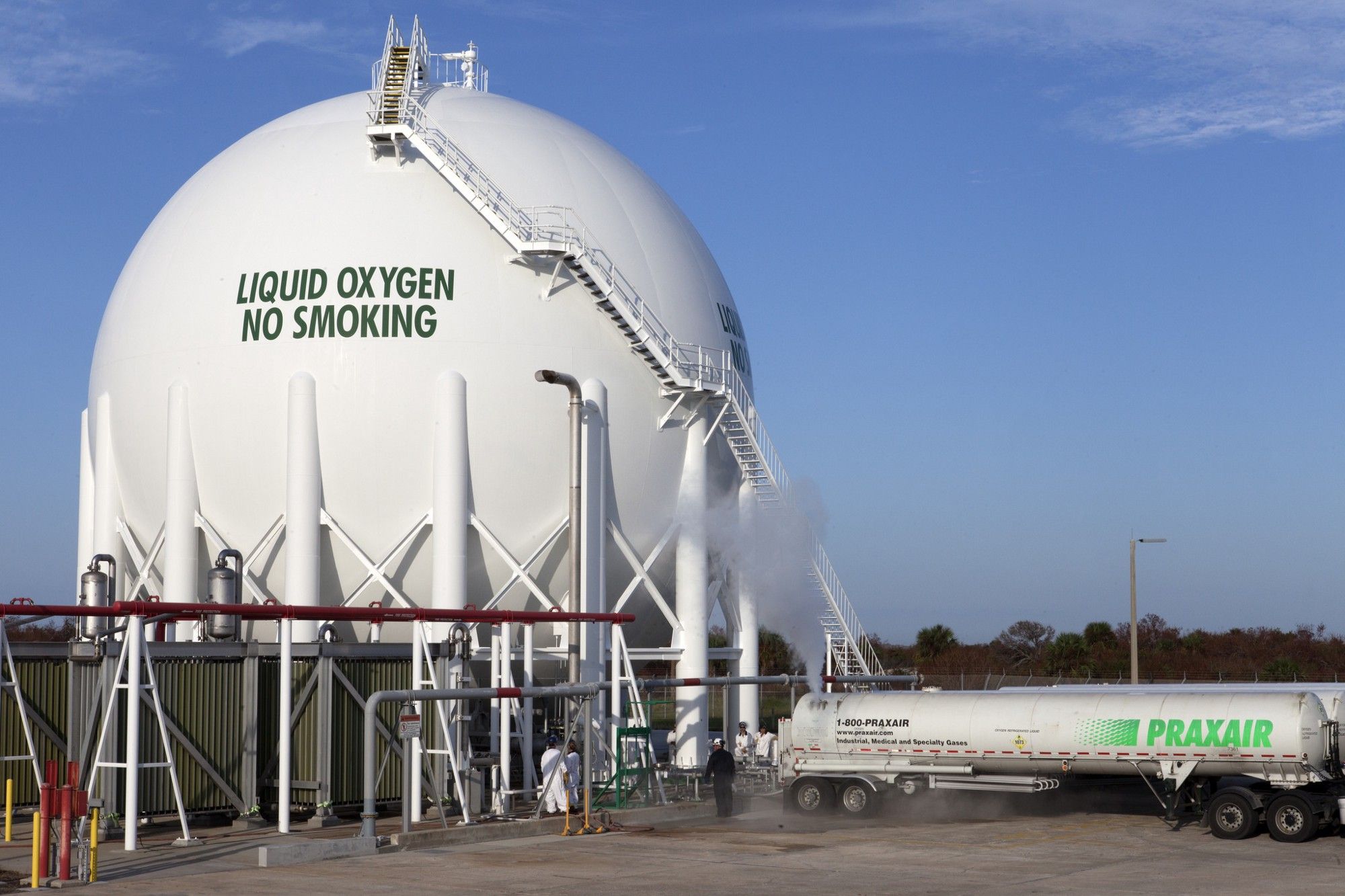The Angry Ghosts Of Climate Change
Fossil fuels were alive once. We shouldn’t have dug them up

Don’t build your hotel on a graveyard. Don’t open scary tombs. Anyone who’s watched 15 minutes of a horror movie can tell you this, yet this is how we’ve built our entire civilization.
We dig up and burn the dead. That’s what fossil fuels are. They’re dead lifeforms, compressed, squashed and hidden away in the Earth. An oil field is a graveyard. A coal mine is a tomb.
Fossil fuels are haunted, and burning them has released a bunch of gassy ghosts. That’s what’s causing climate change today.
What Are Fossil Fuels?
Until recently I honestly thought that fossil fuels were dinosaurs, but no. That would be cool but no. Dinosaurs are fossils, much softer things became fuel. Fossil fuels are tiny sea plants, tiny seafood and plants.
It’s hard to imagine plants being malevolent, but by God they are angry that we disturbed their tombs.
Here’s a quick and woefully inadequate primer on what fossil fuels are.

Oil
You wouldn’t think it from the Middle East being dry as a bone, but the source of oil is tiny, often microscopic sea plants. Phytoplankton. These proto-plants harnessed energy from the sun, and took it to their graves.

Natural Gas
Some slightly bigger creatures ate those plants. When these zooplankton died, they became compressed into natural gas. If you compress a laksa for a million years I guess you get energy.

Coal/Methane = Plants
Coal comes closer to our visible reality. It is the compressed carcasses of plants. These woody coal swamps became the condensed firewood of the future.

Oxygen
Oxygen isn’t a fossil fuel, but I’ll include it here for a reason. We can’t burn anything else without it, and it is also a product of ancient life. When we send a rocket to space we send fuel — and also a bit tank of oxygen.
We take oxygen for granted, but it doesn’t just naturally occur on planets. It has also been produced by ancient life, and continues to be replenished today.
As Falkowski says, “The oxygen we breathe was produced perhaps a million years ago.”
I mention oxygen because it’s very important, both to how we came to life, and how we’re killing ourselves.
Why Were They Buried?
All of this ancient life. It died so that we might live.
It’s much more complicated than this, but let’s just say that there is a balance in the force. Oxygen is yin, carbon dioxide is yang. One creature’s farts is another’s food. And vice versa. If all farts balance, the atmosphere stays roughly the same.
The burial of carbon unbalanced the force. Instead of recycling their carbon, fossil fuels took that energy to the grave. This meant more oxygen in the atmosphere. A lot more. Oxygen went from a trace element to 1% to nearly 21% today. This provided the abundant energy that made huge lifeforms like us possible. We are literally swimming in an energy rich, combustible energy source. We’re cooking with gas.
All thanks to ancient life, entombed in their ancient graves. As long as they stay there, this new world order remains.
Why Is It Bad To Dig Them Up?
Of course, we haven’t let them rest in peace. We have been digging up their graves, and lighting their bodies on fire. This has given us great power, but at a terrible cost. We are unbalancing the force. We are changing the very climate that made life like us possible.
In this way, fossil fuels are cursed.
They are the stored lifeforce of billions of years. We are lighting them on fire in hundreds. We are releasing their ghosts into the atmosphere, and the ghosts are angry.
As in any horror movie, the tomb should have been left closed. Our society should not have been built on the graveyard. But also like any horror movie, the deed is done.
Also like any horror movie, you spend the first act trying to convince everyone that ghosts are wrong, the second act running, and maybe the third act regrouping and fighting back.
So, ghosts are real. And we have nowhere left to run. What are you going to do?
The issues discussed here are much deeper and also much more complicated than discussed here. I highly recommend the following book for further exploration:
Falkowski, Paul G. Life’s Engines: How Microbes Made Earth Habitable. Princeton University Press, 2015. JSTOR, www.jstor.org/stable/j.ctvc776vb.